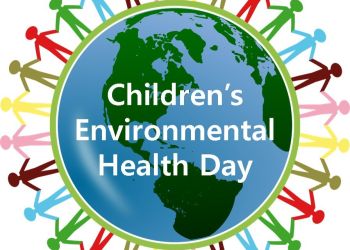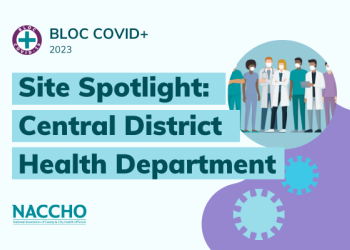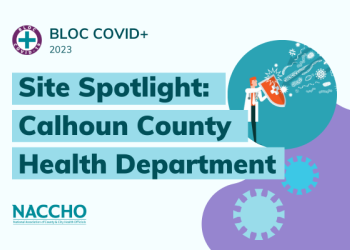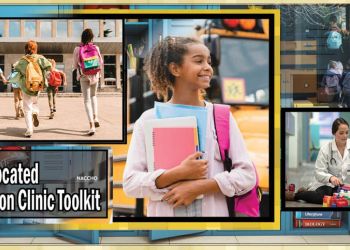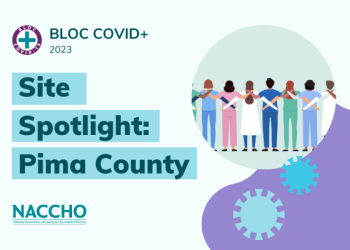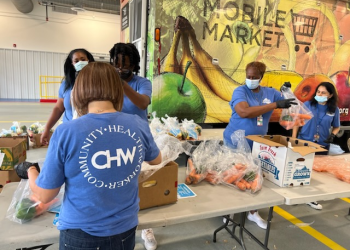The following guidance is from the U.S. Food and Drug Administration (FDA):
Among those affected by flooding in the Central and Southern Plains of the U.S. are farmers and their fields of crops grown or stored for human consumption. Although the FDA recognizes that there are few, if any crops growing right now, crops that were previously harvested and stored in silos and other facilities may be impacted by flooding and might not be suitable for human consumption. The U.S. Food and Drug Administration’s Center for Food Safety and Applied Nutrition has several resources to help growers who may be affected by the impacts to their crops from severe weather conditions.
The FDA’s Guidance for Industry: Evaluating the Safety of Flood-affected Food Crops for Human Consumption provides the information that producers can use as they assess potential damage to their food crops. This guidance is an important resource for the growers who produce and market these crops, as they are responsible for assuring the safety of flood-affected food crops for human consumption.
The FDA reminds harvesters that generally, if the edible portion of a crop is exposed to contaminated flood waters, it is considered “adulterated” under the Federal, Food, Drug and Cosmetic Act and should not enter the human food supply. This applies to all food crops including underground crops (e.g., peanuts, potatoes). For crops (e.g., pecans) that were in or near flooded areas but where flood waters did NOT contact the edible portions of the crops, the growers should evaluate the safety of the crops for human consumption on a case-by-case basis for possible food safety concerns.
Sometimes, crops that have been harvested and then subsequently deemed unsuitable for human use can be salvaged for animal food. For more information please see CVM Update: Resources for Animal Food Producers in Flooded Areas.
- Reconditioning requests for contamination events occurring in Kansas, Nebraska, Missouri and Iowa: Victoria Wagoner, 913-495-5150, [email protected]
- Reconditioning requests for contamination events that occur in Minnesota, Wisconsin, South Dakota and North Dakota: Kristine Zuroski, 612-758-7120, [email protected]
- Reconditioning requests for contamination events occurring in Illinois and Michigan: DCB Kelli Wilkinson, 313-393-8120, [email protected]
- Reconditioning requests for contamination events occurring in Louisiana, Tennessee, Mississippi, and Kentucky: Toni Williams, 513-679-2700 ext. 2160, [email protected]
We encourage growers to work with state regulators and local FDA offices to assess their unique situations and to take into consideration all possible types and routes of contamination from flood waters in determining whether a particular crop is adulterated.
For more information:



